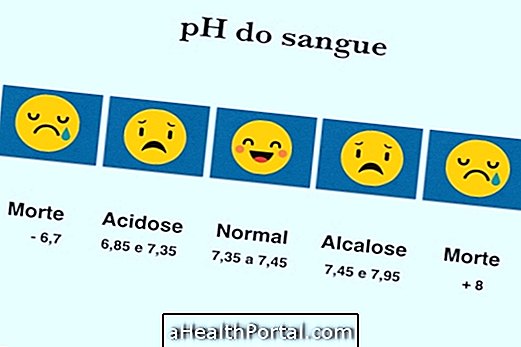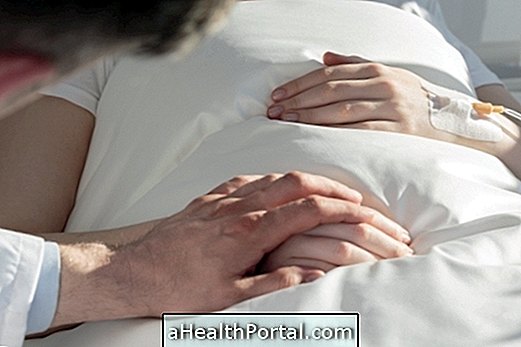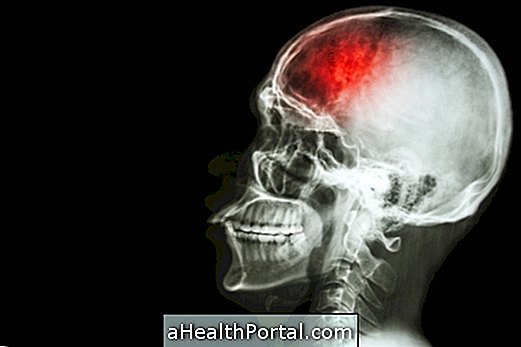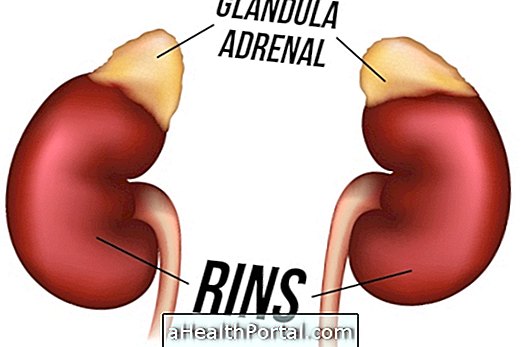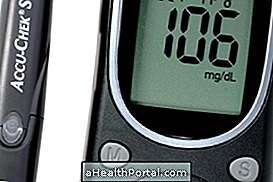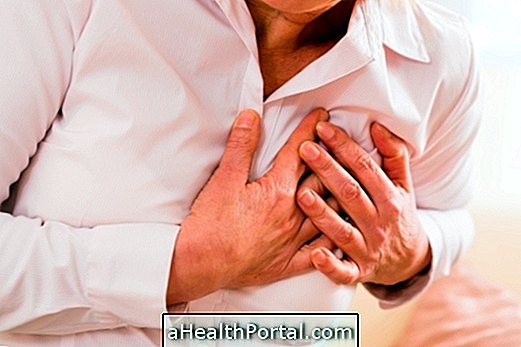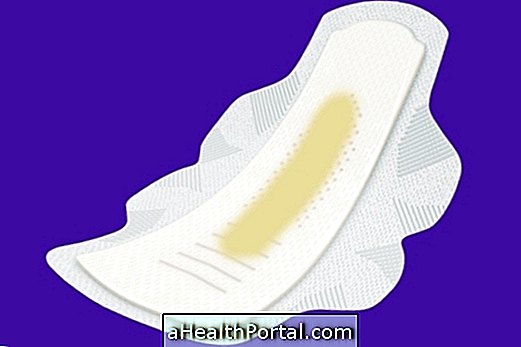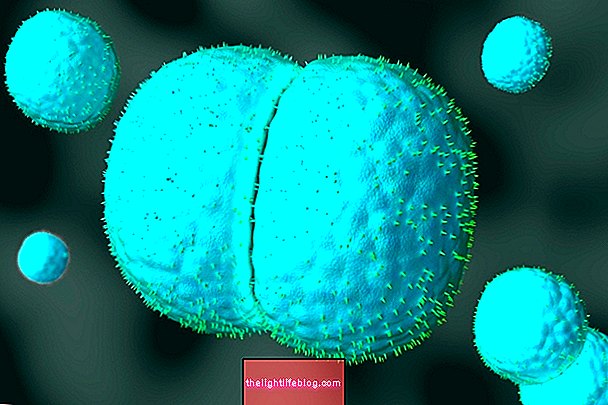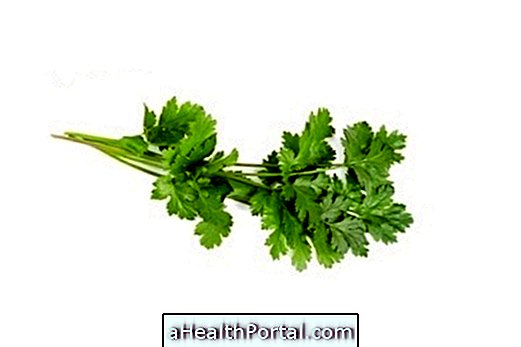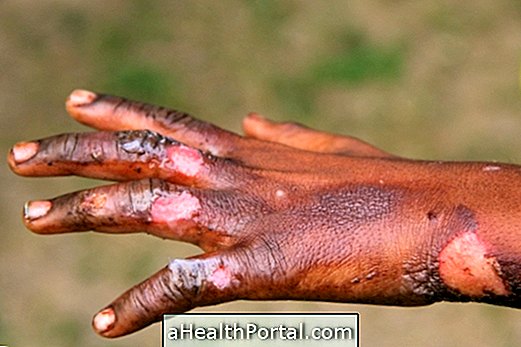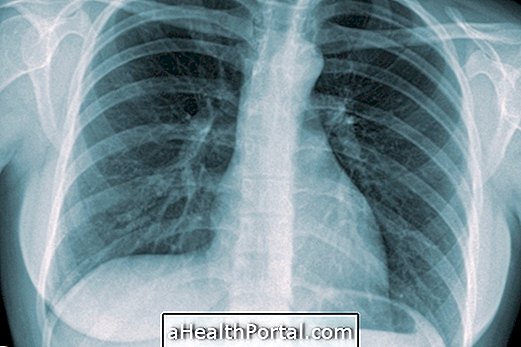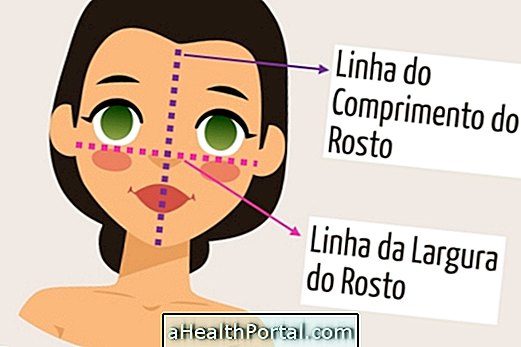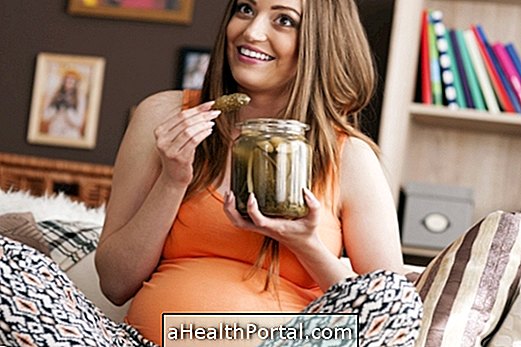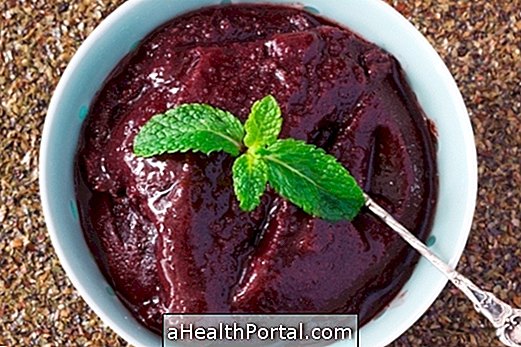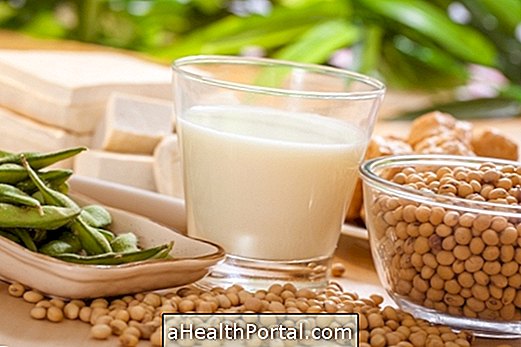Eating well, investing in calcium-rich foods, and exercising are great natural ways to strengthen bones, but in some cases the gynecologist or dietitian may suggest taking a calcium supplement to ensure strong bones and prevent fractures and their complications.
If a woman suspects bone problems, she should consult a general practitioner to assess her bone health by examining densitometry and initiate appropriate treatment, which may include hormone replacement pills or dietary supplements.
To strengthen the bones in menopause the woman should:
- Eating foods rich in calcium and vitamin D at least 3 times a day: help to strengthen bone mass and make bones stronger;
- Expose to the sun in the early hours of the day and without sunscreen : promotes absorption of vitamin D, increasing the effect of calcium on bones;
- Give preference to vitamin D-enriched foods such as Densia yogurt, Becel margarine, Parmalat milk or GoldenD eggs: improve vitamin D reserves by increasing bone calcium uptake;
- Exercise 30 minutes a day : Helps make bones strong and maintain mobility and flexibility;
- Avoid eating iron-rich foods in the same meals as calcium: absorption of iron makes it difficult for calcium to enter the bones.
It is important to follow these tips because, after menopause, a great loss of hormones happens, causing decrease of the bone mass and leaving the bones thinner and weaker. Thus, after menopause, it is common for osteoporosis to appear that can lead to bone fractures or deformation of the spine, becoming humped.
Watch the following video to find out what else you can do to ensure strong and healthy bones with nutritionist Tatiana Zanin and physiotherapist Marcelle Pinheiro:
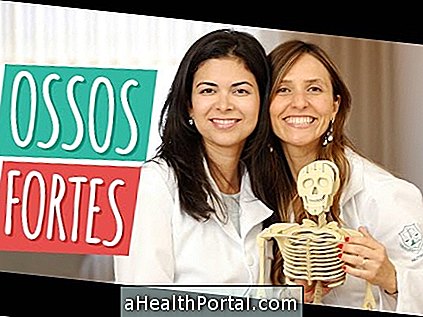
To supplement the treatment, it is recommended that women avoid smoking or ingesting alcohol because they decrease the absorption of calcium and vitamin D by the body.
